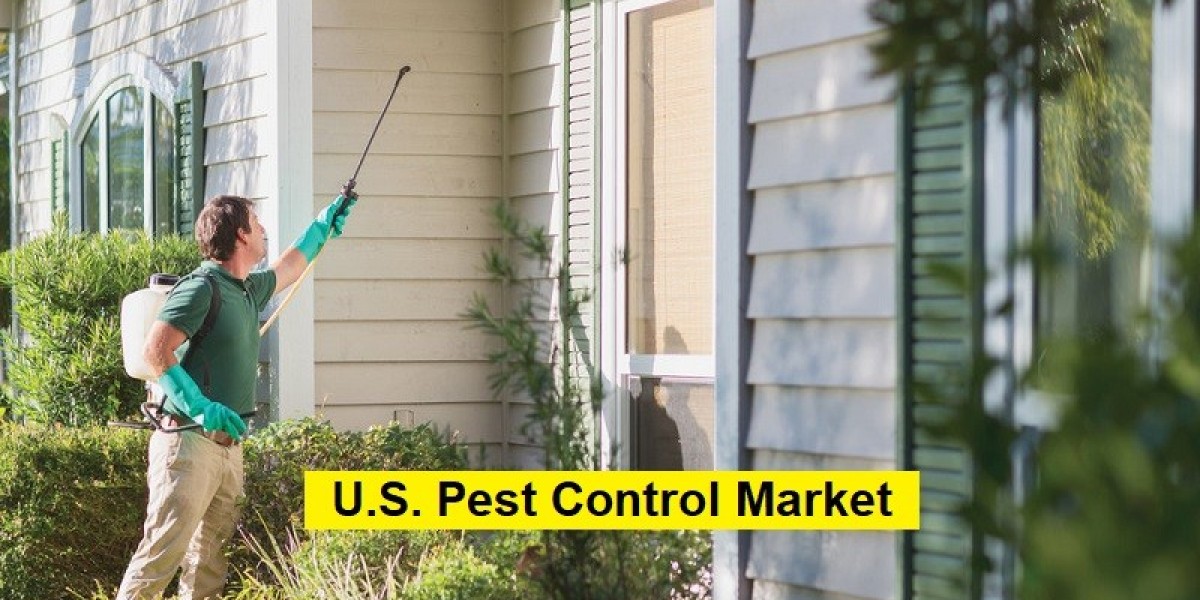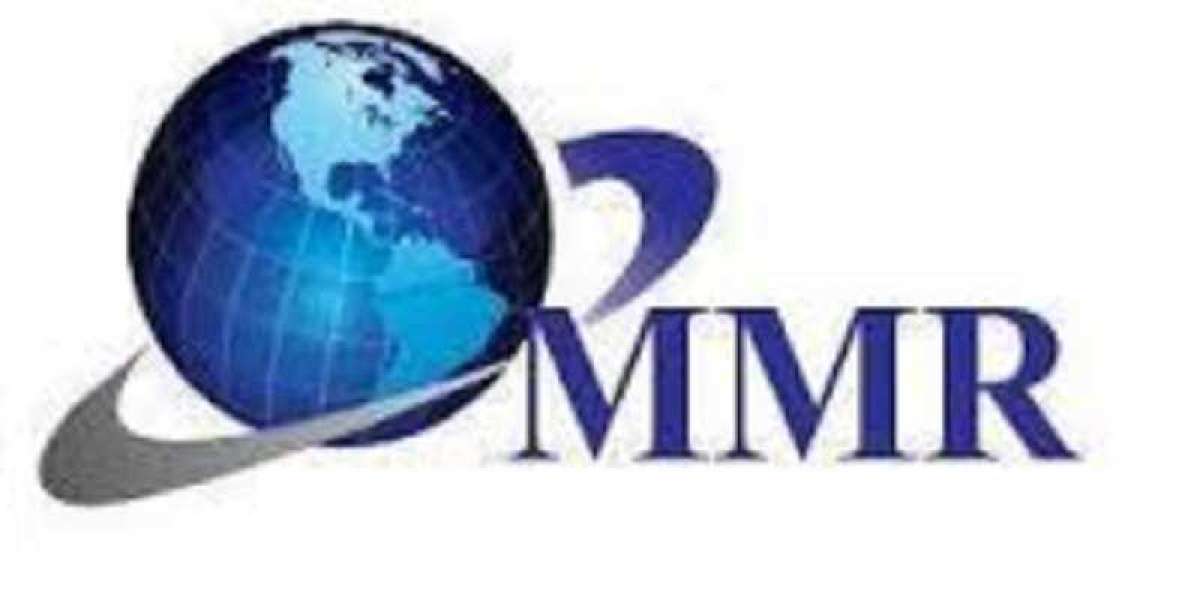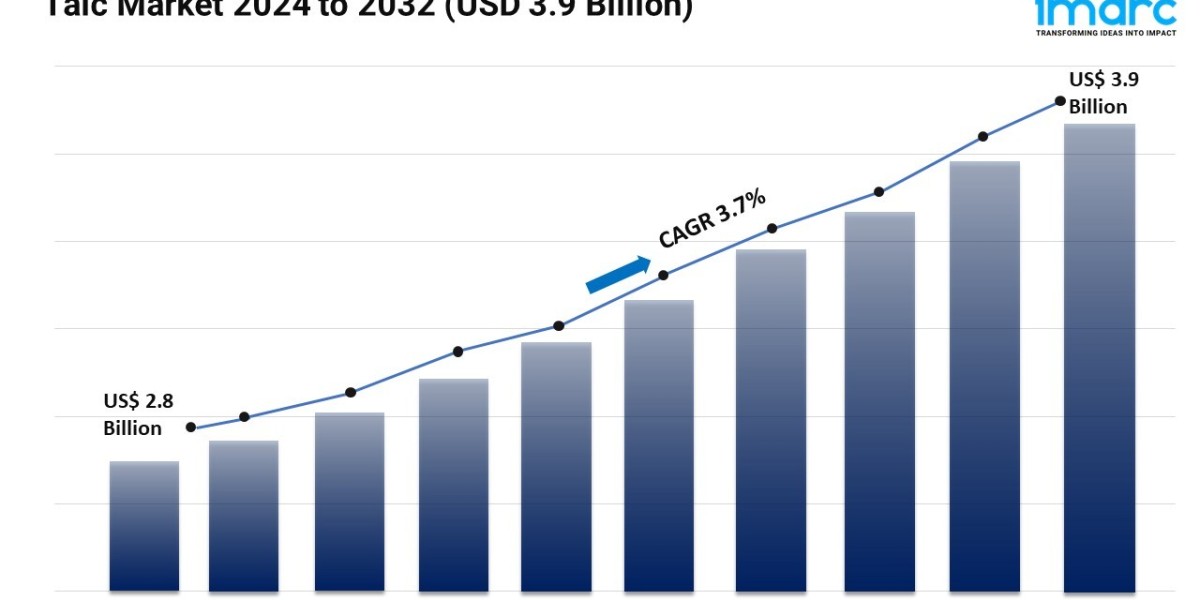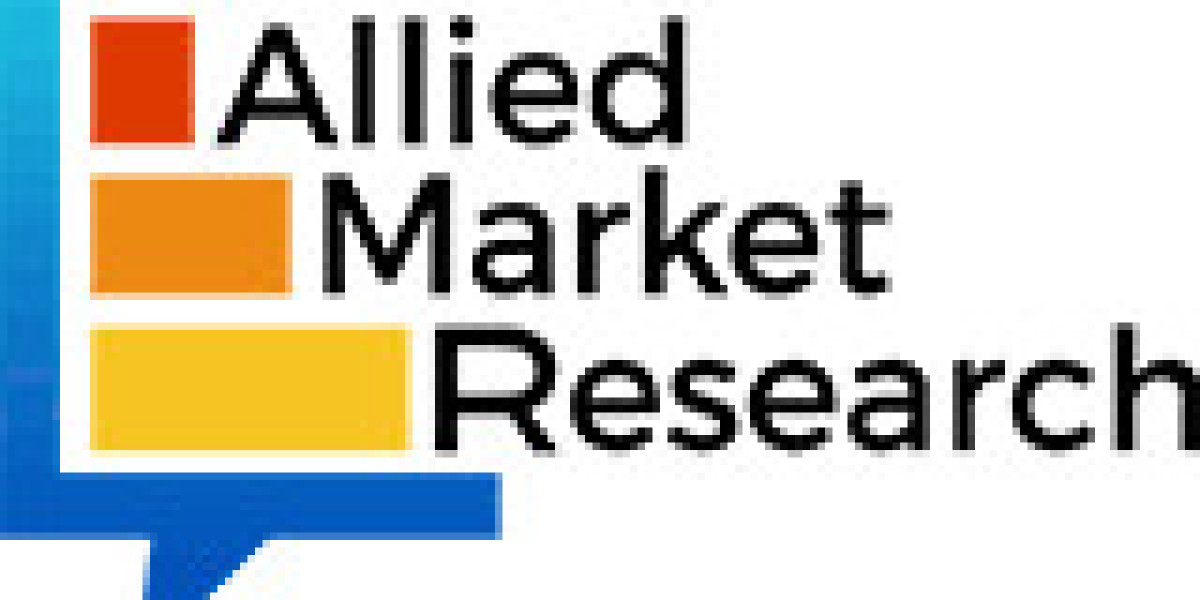The U.S. pest control market is experiencing significant growth, fueled by rapid urbanization, increasing health awareness of diseases spread by pests, and the proliferation of pests due to globalization and climate change. According to a report by Verified Market Research, the U.S. pest control market, valued at USD 12.72 billion in 2024, is projected to reach USD 18.94 billion by 2031, growing at a compound annual growth rate (CAGR) of 5.10% over the forecast period.
Pest control involves the management and regulation of pests such as insects, rodents, and other creatures that can harm human health, property, and the environment. The market includes a wide variety of services, from chemical treatments to integrated pest management (IPM) programs that emphasize environmental balance and prevention. Pest control solutions are used across residential, commercial, and agricultural sectors to mitigate pest infestations and protect public health.
Download Full PDF Sample Copy of Research Report @ https://www.verifiedmarketresearch.com/download-sample/?rid=10842
Key Market Drivers
1. Increasing Urbanization:
As urban areas in the U.S. continue to expand, the conditions for pest infestations become more favorable. The U.S. Census Bureau reports that 80.7% of the population lived in urban regions in 2010, a figure expected to rise to 87.4% by 2050. This increased human density is resulting in a growing demand for pest control services, particularly in densely populated urban centers.
2. Health Concerns:
The rise in pest-related diseases, such as mosquito-borne illnesses, is another key driver of market growth. The Centers for Disease Control and Prevention (CDC) reported over 640,000 cases of mosquito, tick, and flea-borne diseases between 2004 and 2016. Increased public awareness of the health risks posed by pests is spurring demand for professional pest control services.
3. Regulatory Compliance in the Food Industry:
Strict food safety regulations are also driving the pest control market, particularly in the commercial sector. In 2019, the Food and Drug Administration (FDA) issued nearly 13,000 warning letters to food establishments for violations, many related to pest control issues. The Food Safety Modernization Act (FSMA) has further increased the need for pest control in food processing and storage facilities, contributing to the market's expansion.
Market Challenges
1. Pesticide Resistance:
One of the main challenges facing the U.S. pest control market is the growing resistance of pests to chemical pesticides. This resistance requires the use of stronger, often more expensive treatments, which can increase costs for pest control providers and customers alike.
2. Environmental and Health Concerns:
Increasing public concern over the environmental and health impacts of pesticides has led to stricter regulations and a demand for more eco-friendly pest control solutions. These environmentally safe methods tend to be more expensive and may be less effective than traditional treatments.
3. Skilled Labor Shortage:
The pest control industry is also grappling with a shortage of skilled workers, particularly in rural and underserved areas. This labor shortage impacts service quality and availability across different regions of the U.S.
Market Segmentation
Insect Control Segment to Dominate the Market:
The insect control segment is expected to hold the largest market share throughout the forecast period. Common pests like cockroaches, ants, and mosquitoes continue to pose health risks and require frequent pest control interventions. Increasing awareness of diseases such as West Nile virus and Zika virus is also driving demand for insect control services, particularly in residential and commercial settings.
Commercial Sector Leads in Market Growth:
The commercial sector is projected to dominate the U.S. pest control market, driven by strict health and safety standards in industries such as hospitality, healthcare, and food service. These sectors require regular pest control to remain compliant with regulations, avoid fines, and maintain operational integrity.
Regional Insights
Northeast: High Demand Due to Older Infrastructure:
The Northeast region is anticipated to lead the U.S. pest control market, largely due to its older housing stock and infrastructure, which are more susceptible to infestations. Around 35% of homes in the Northeast were built before 1950, compared to only 18% nationwide. This, coupled with the region’s humid summers and freezing winters, creates optimal conditions for pests such as mosquitoes and termites.
Midwest: Agricultural Activities Driving Market Growth:
The Midwest is expected to experience the highest market growth, driven by the region’s expansive agricultural activities. With approximately 36% of the nation’s cropland, pest control services are crucial for protecting crops and ensuring food safety. The rapid urban expansion in cities like Columbus, Ohio, and Indianapolis, Indiana, is also contributing to increased demand for pest control in newly developed areas.
Competitive Landscape
The U.S. pest control market is highly fragmented, with a mix of small, medium, and large players competing for market share. Key market players include:
- BASF CropScience
- Bayer Corporation
- Syngenta
- Ecolab, Inc.
- Rentokil Initial Plc.
- FMC Corporation
- Rollins, Inc.
- Truly Nolen
- Cook’s Pest Control
- Dodson Pest Control, Inc.
Recent developments in the industry, such as the launch of energy-efficient flying insect traps by Exterminators PLC in May 2024, highlight the growing trend toward eco-friendly pest control solutions.
To Purchase a Comprehensive Report Analysis @ https://www.verifiedmarketresearch.com/select-licence?rid=10842
Conclusion
The U.S. pest control market is poised for steady growth, driven by rising urbanization, increasing health awareness, and stricter regulatory requirements in commercial sectors. While challenges such as pesticide resistance and labor shortages persist, ongoing innovation and the expansion of eco-friendly solutions are expected to shape the future of the market.



